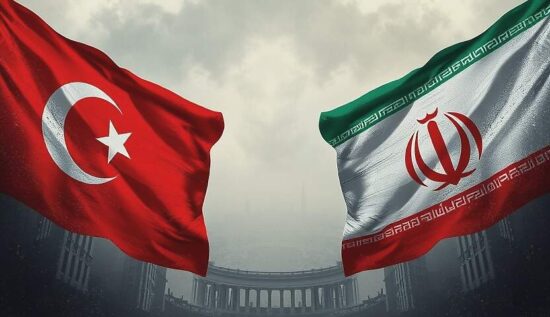The Turkish Foreign Minister’s comments on Tehran’s regional policy have sparked a wave of reactions in the media. In an interview with Al Jazeera Arabic on February 26, Hakan Fidan stated that Iran’s foreign policy, which relies on militias in the region, has forced Tehran to pay more in losses than gains.
When asked if Iran would support the Kurdish forces in Syria, which Turkey considers a terrorist group, Fidan replied in strong words: “If you try to stir up trouble in another country by supporting a group, another country could support a group in your country to stir up trouble for you.”
The Iranian public has interpreted this statement as a threat that Ankara could incite certain groups in Iran against the state, particularly the large Azerbaijani population in the country, which has linguistic connections to Turkey.
Meanwhile, the Iranian government spokesperson, Fatemeh Mohajerani, on Tuesday acknowledged that Turkey and Iran have “differences of opinion” in the region and described Fidan’s comments as “non-constructive”.
The diplomatic tensions escalated further as the Iranian Foreign Ministry invited the Turkish ambassador in Tehran, Hicabi Kırlangıç, to a meeting on Tuesday. In response, the Turkish Foreign Ministry invited the Iranian chargé d’affaires in Ankara to a meeting and noted that Iranian officials have recently made public criticism of Turkey.
While Iran classifies the PKK as a terrorist organization, it does not do so for its Syrian offshoots, such as the SDF and the YPG. “It is not possible for Iran to change its stance quickly, as it has problems with the new government in Damascus and in Tehran the impression exists that Turkey has ‘taken over’ Syria” said Serhan Afacan, the chairman of the Iranian Research and Analysis Center in Turkey, IRAM. He also hinted that the Trump administration’s stance on the SDF and YPG will influence Iran’s position in this matter.





